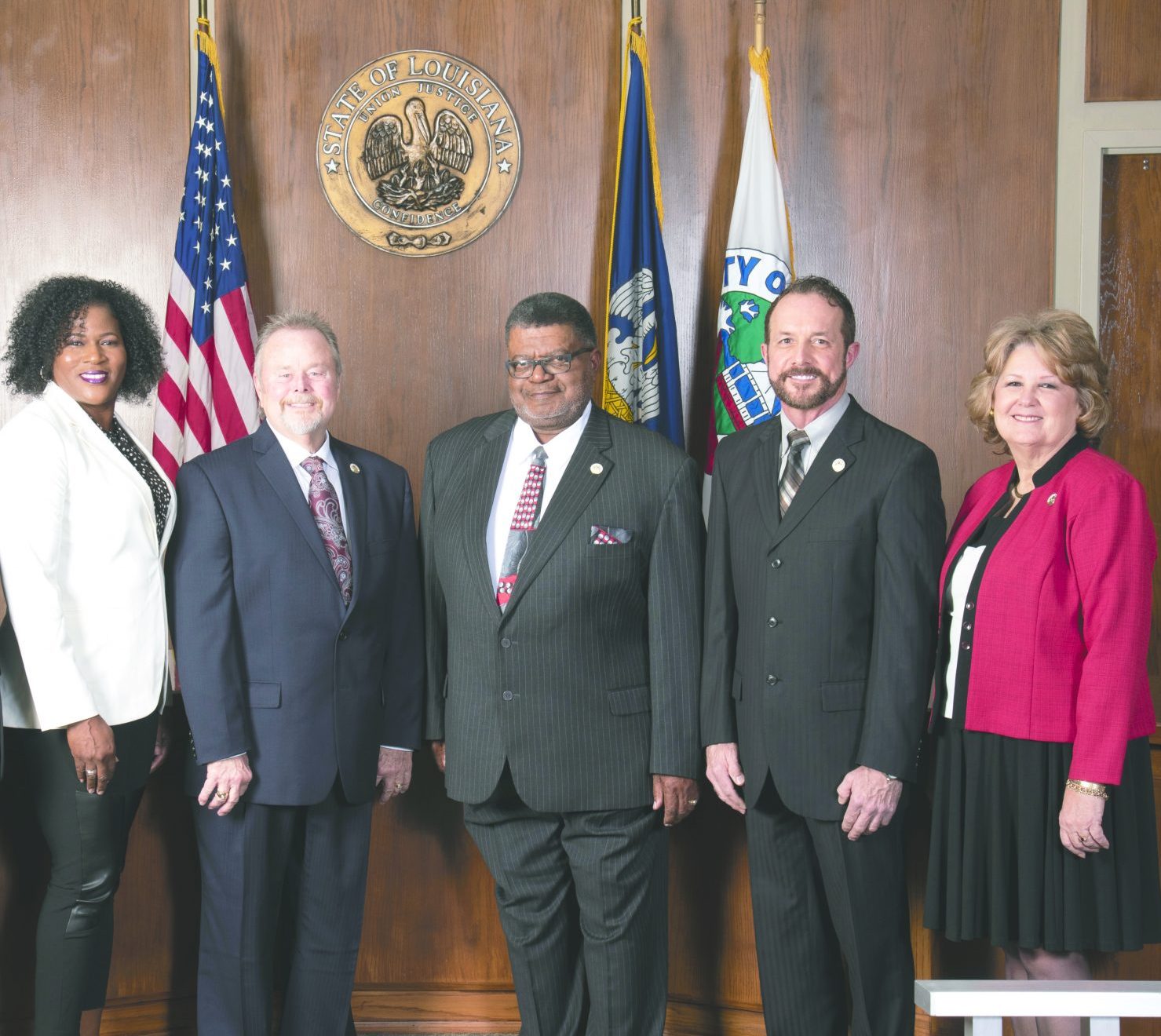Property lines, permits, times, and signs were the main subjects of the Minden City Council’s Workshop Tuesday evening regarding the sale of alcohol in the city.
No permit shall be granted for any premises situated within 300 feet to ETC.
“I’m going to make a long story short, this here thing is about over. We just need to tweak. You all need to sit down and decide the hours of operation for different establishments, but as far as the whole thing, the outline is there, we just have to put the meat on it,” said Minden City Attorney Charles Minifield.
One of the first topics discussed was that of alcohol selling businesses and their proximity to other buildings such as churches, schools, correctional facilities, etc.
According to the state law that governs these rules, the Council has a choice. The way it naturally reads is, “this distance shall be measured as a person walks using the sidewalk from the nearest point of the property line of the church, etc. to the nearest point of the premises to be licensed,” according to the draft of the ordinance.
However, if the Council so chooses, they can adopt an alternative method of measurement that would measure, “In a straight line from the nearest point of the property line of the church, etc. to the nearest point of the premises to be licensed,” according to the draft.
It’s worth noting that in both of these measurements the property line would be the starting point for the church, etc., but the nearest point of the measured for the business would be the “premises” which refers to the building where alcohol will be sold.
The next topic of discussion was the time that alcohol would be able to be sold. The decisions that the Council came to are as follows.
For packaged high content alcohol sales, businesses can sell them from 7 a.m. to midnight Monday through Saturday, and from noon to 10 p.m. on Sundays. For low packaged Low Content alcohol sales, businesses can sell from 7 a.m. to 10 p.m. Monday through Saturday, and from noon to 10 p.m. on Sundays. For on-premises alcohol sales, the hours will be from 11:00 a.m. to 2 a.m.
Another notable topic of discussion was that of businesses displaying loitering signs. There was a concern that the sale of alcohol leading to an increase in loitering. In order to combat this, Councilman Herbert Taylor, of District A, suggested that “no loitering” signs should be placed in all businesses selling alcohol, and a $500 was fine suggested for those without the sign.
Later, there was also some discussion surrounding potentially raising the price of the Alcoholic Beverage Operator card, which is a license that workers like servers or cashiers need to be allowed to sell alcohol.
It was argued that the increased demand for these licenses that will come as a result of the ordinance passing will justify and increase in price in order to offset the costs. “Since we’re going to start doing hundreds of those, if they have to meet these qualifications, why shouldn’t they pay for the background check?” asked District B Councilman Terika Williams-Walker.
Adding to the point, Councilman Pam Bloxom, of District E, stated, “It’s going to take time from the police staff down there that have to run the background check, so they should be compensated.”
Countering the point, Councilman Taylor added, “We just said that with ABO cards, the police doesn’t charge for the background check. Then we came around and said, charge them. They charge $25 for an ABO card, and you guys are saying add another $25 for something that’s free. Why take jobs from people for something that’s so minute? Waitresses only make $2.25, so to charge them $50 just for an ABO card, that’s unfair to them.”
Near the end of the meeting, it was decided that there would need to be another meeting so that the proposed changes can be addressed and then brought back to the Council for discussion. As of press time the date for the future workshop has not yet been established.



